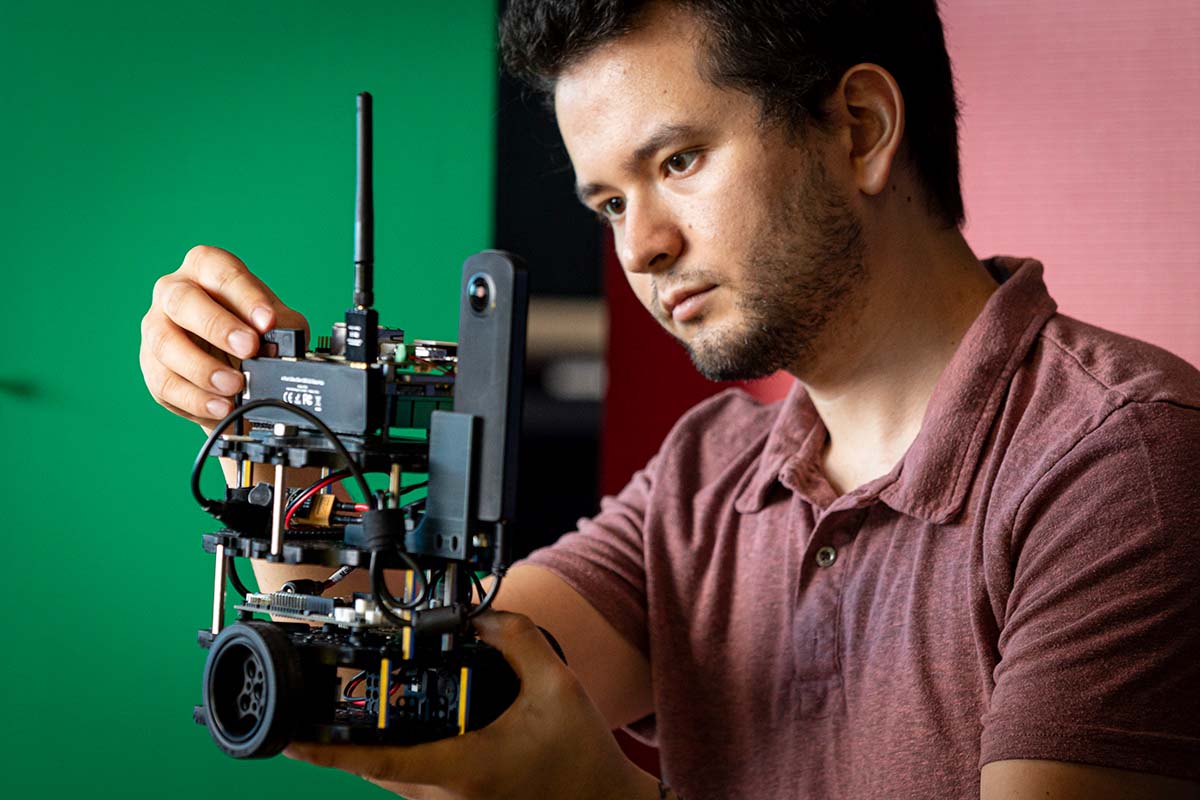
Artificial Intelligence
Engineering with intelligence
Designing, building, and applying new technologies—especially those that include artificial intelligence—can be a double-edged sword: powerful and enabling on the one hand, but potentially biased and vulnerable to infiltration on the other.
From health care to planetary defense and national security, Johns Hopkins APL continues to make advances in AI to ensure the technology’s capabilities while identifying, minimizing, or eliminating its weaknesses.
A Laboratory-wide collaborative community of AI researchers and applied scientists works in domains from beneath the sea to outer space to innovatively incorporate autonomy, computer vision, machine learning, agentic AI, and other techniques across the breadth of our programs and projects. Internally funded AI exploration and research help us take bold steps in this realm to continue advancing AI for the good of the nation and the world.
Featured Facility
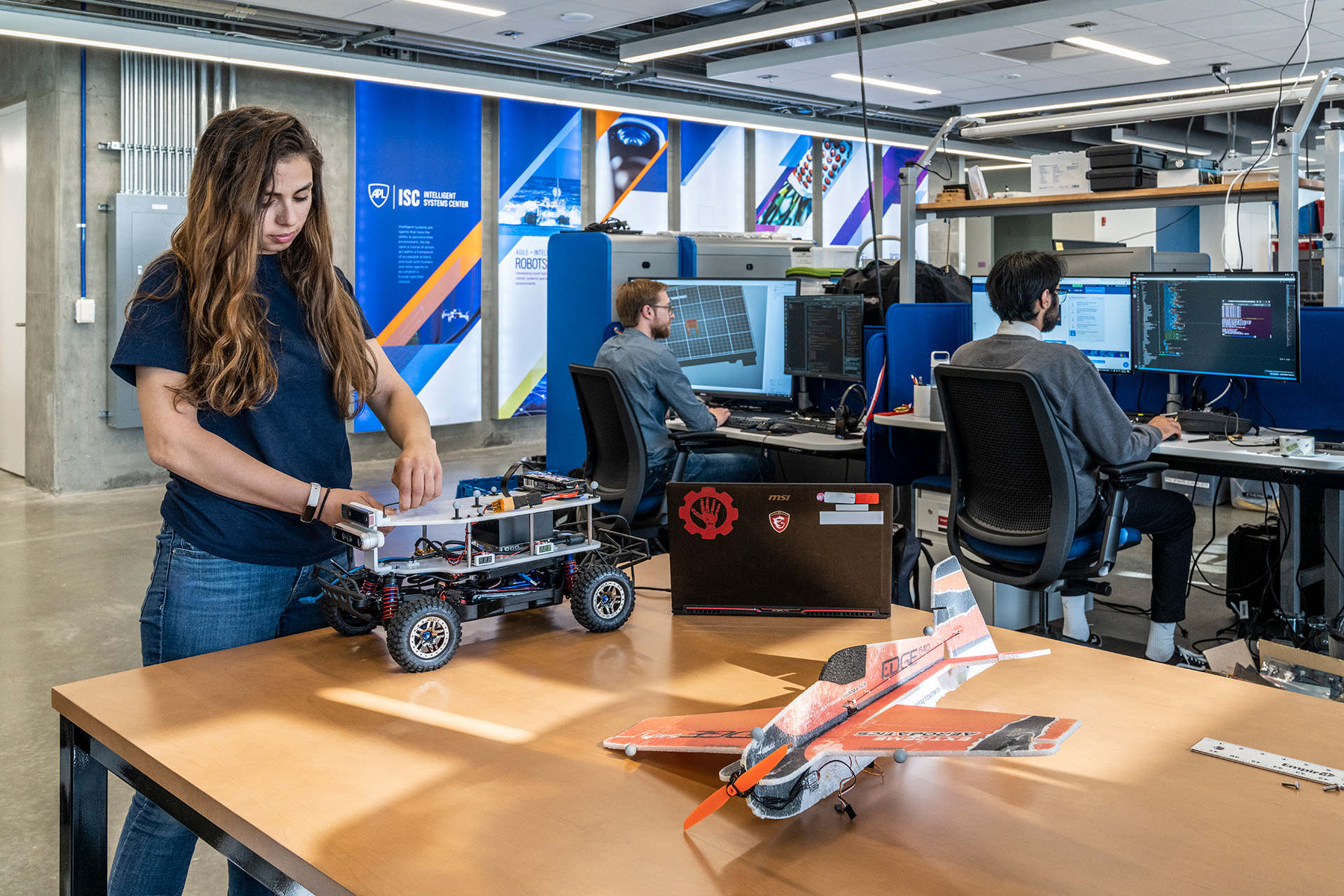
Intelligent Systems Center →
The Intelligent Systems Center (ISC) leverages APL’s broad expertise across national security, space exploration, and health to fundamentally advance the employment of intelligent systems for our nation’s critical challenges. The ISC acts as a focal point for research and development in artificial intelligence, robotics, and neuroscience at APL.
Related Projects

ACAS X: Airborne Collision Avoidance for the 21st Century

Accelerating Air Quality Forecasts
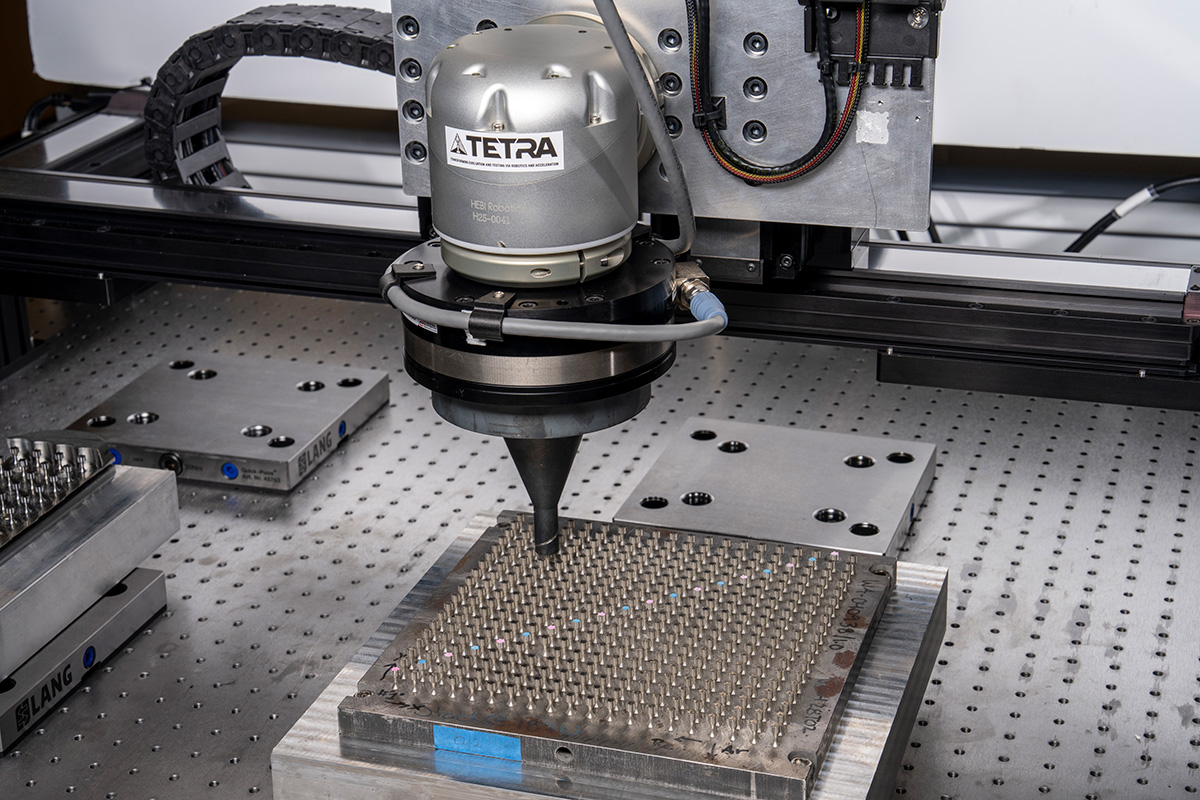
Accelerating Materials Innovation for Defense

AI for Complex Systems
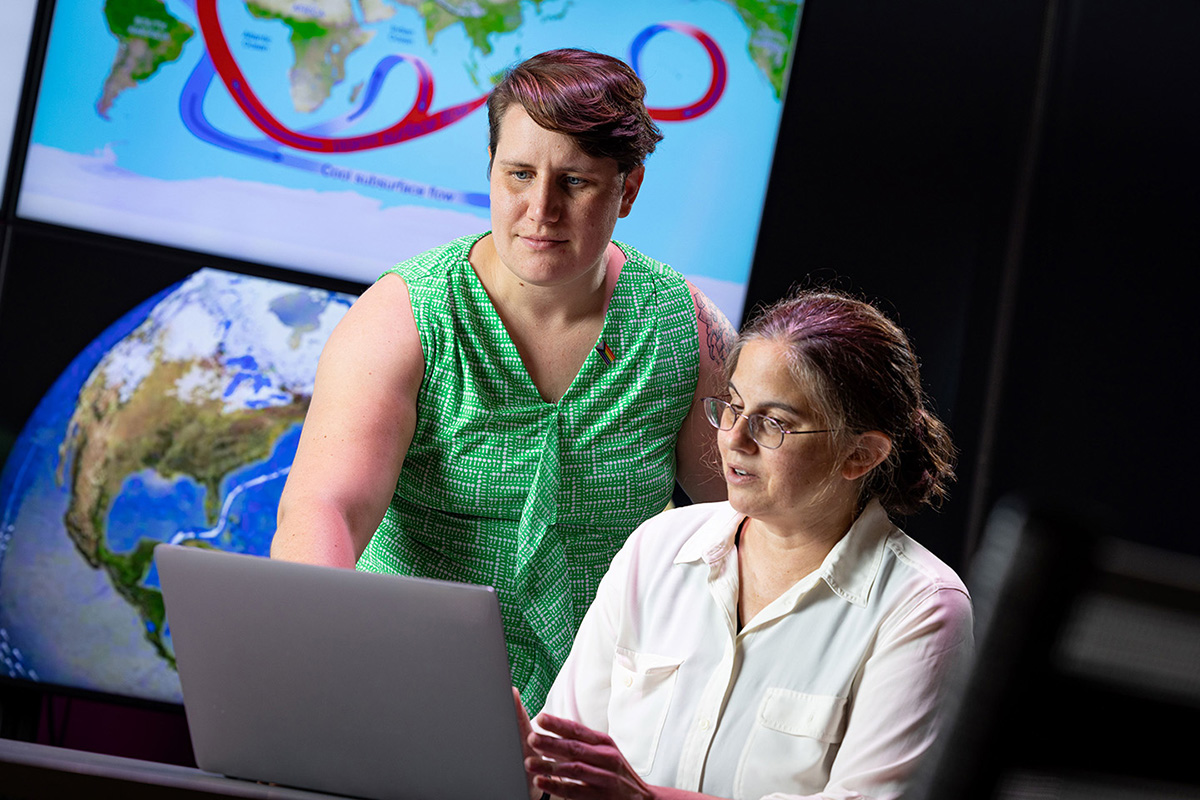
AI for Tipping Point Discovery
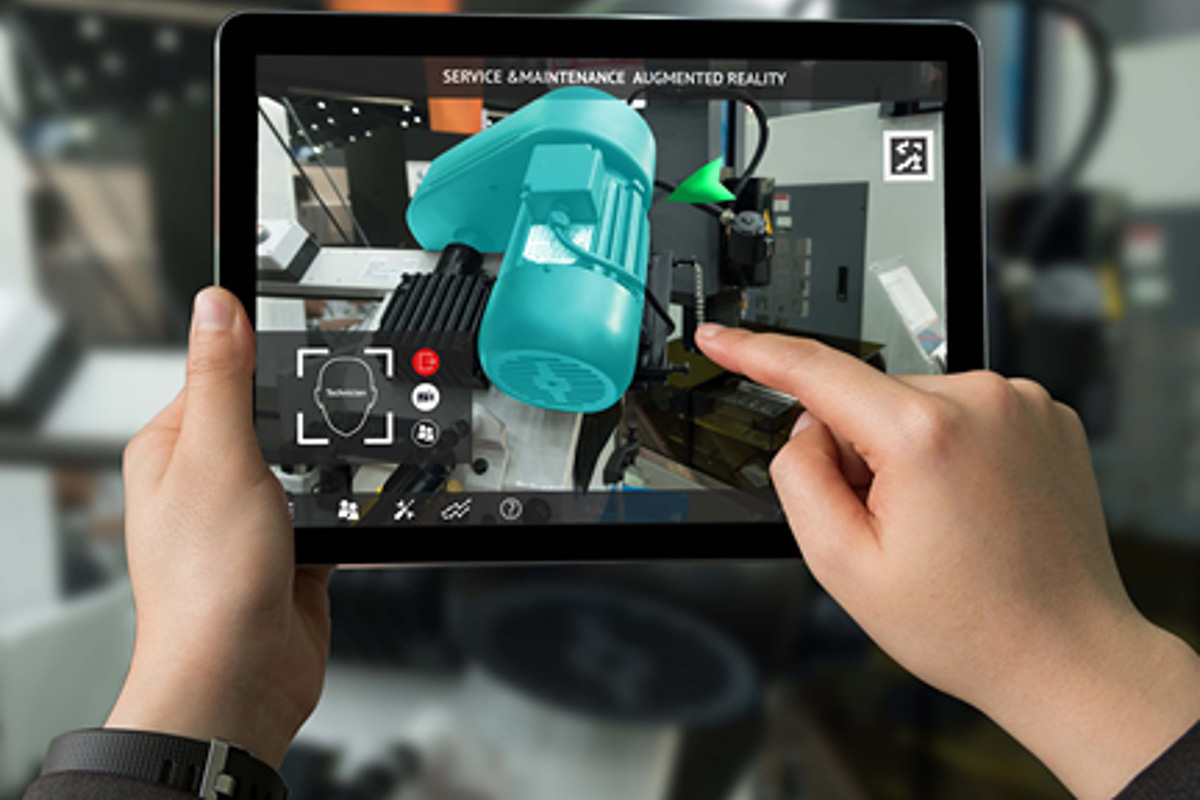
AI/AR-Guided Electronic Repair
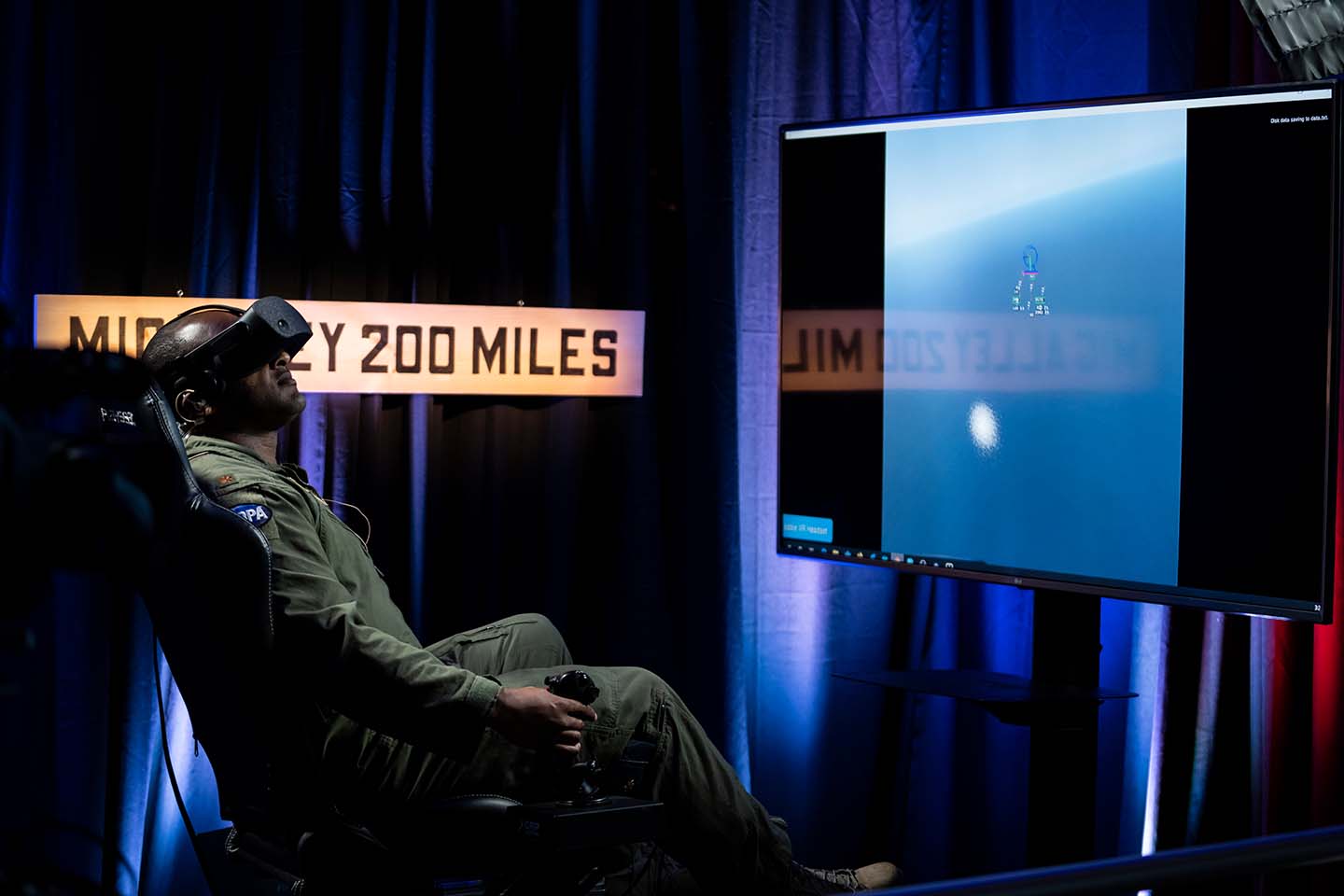
AlphaDogfight Trials
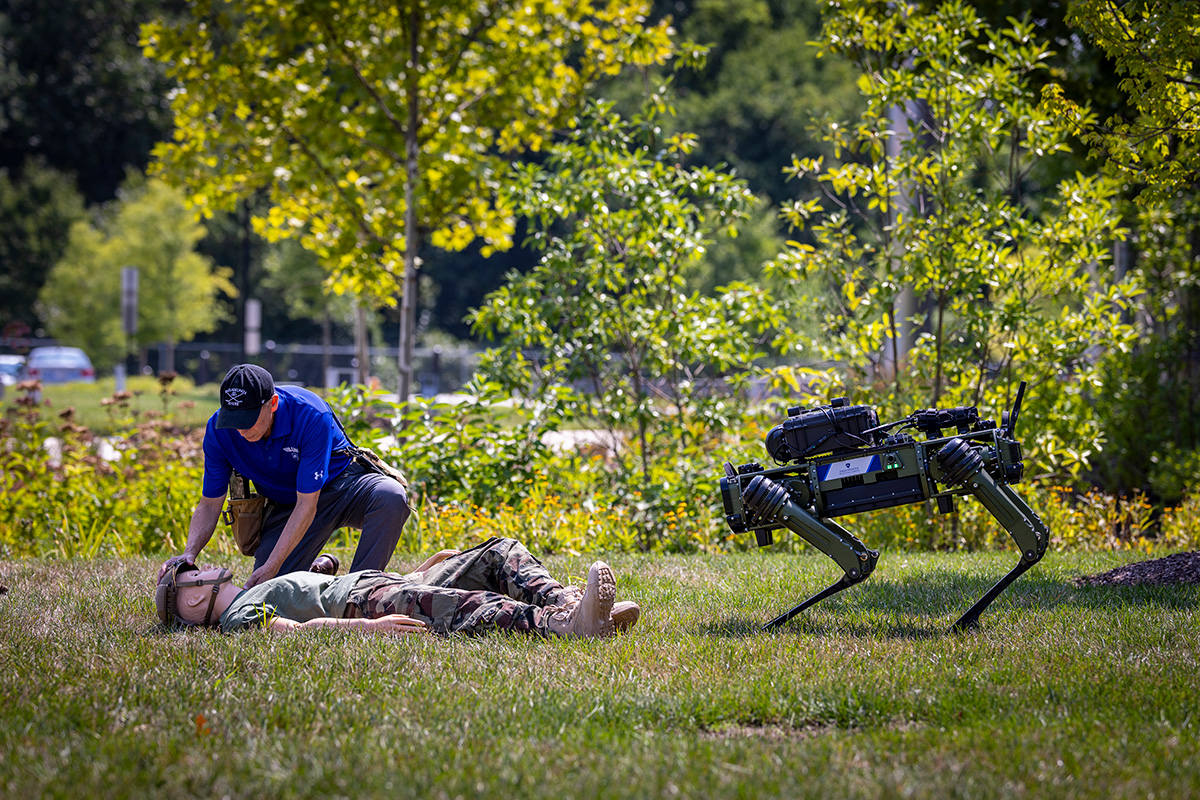
ConceptGraphs
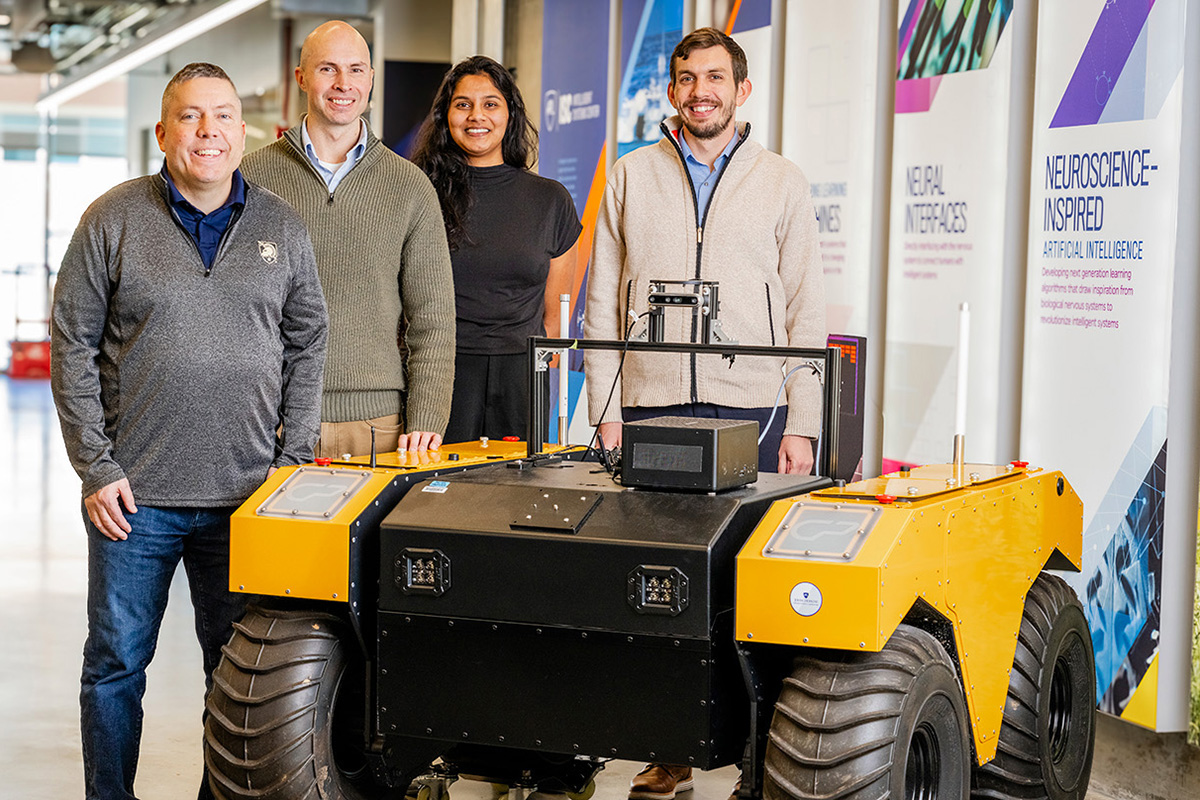
Full Scene Extraction

GenWar Sim

Golden Horde
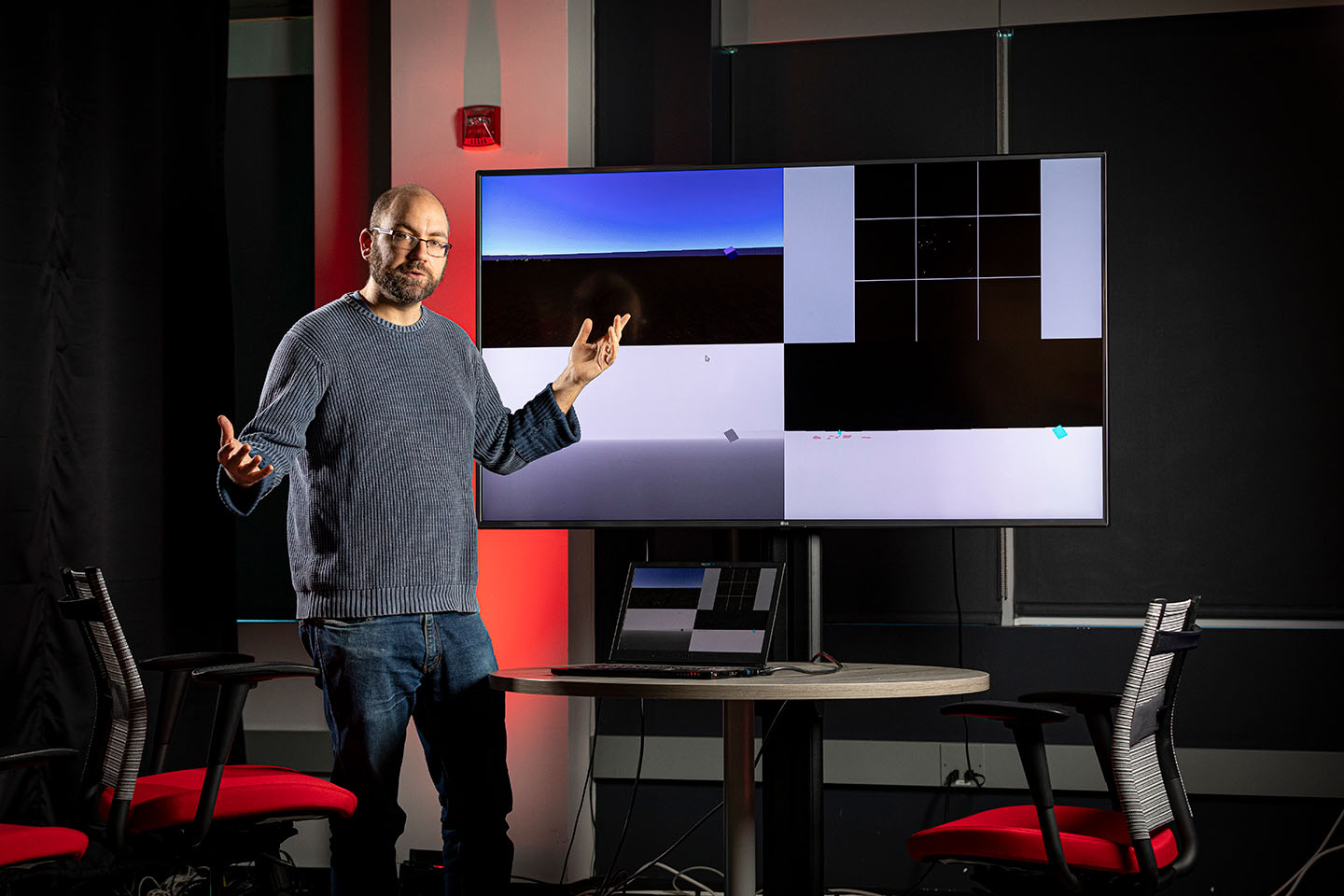
Lifelong Learning Machines

Mapping the Brain

Mission-Focused Generative AI
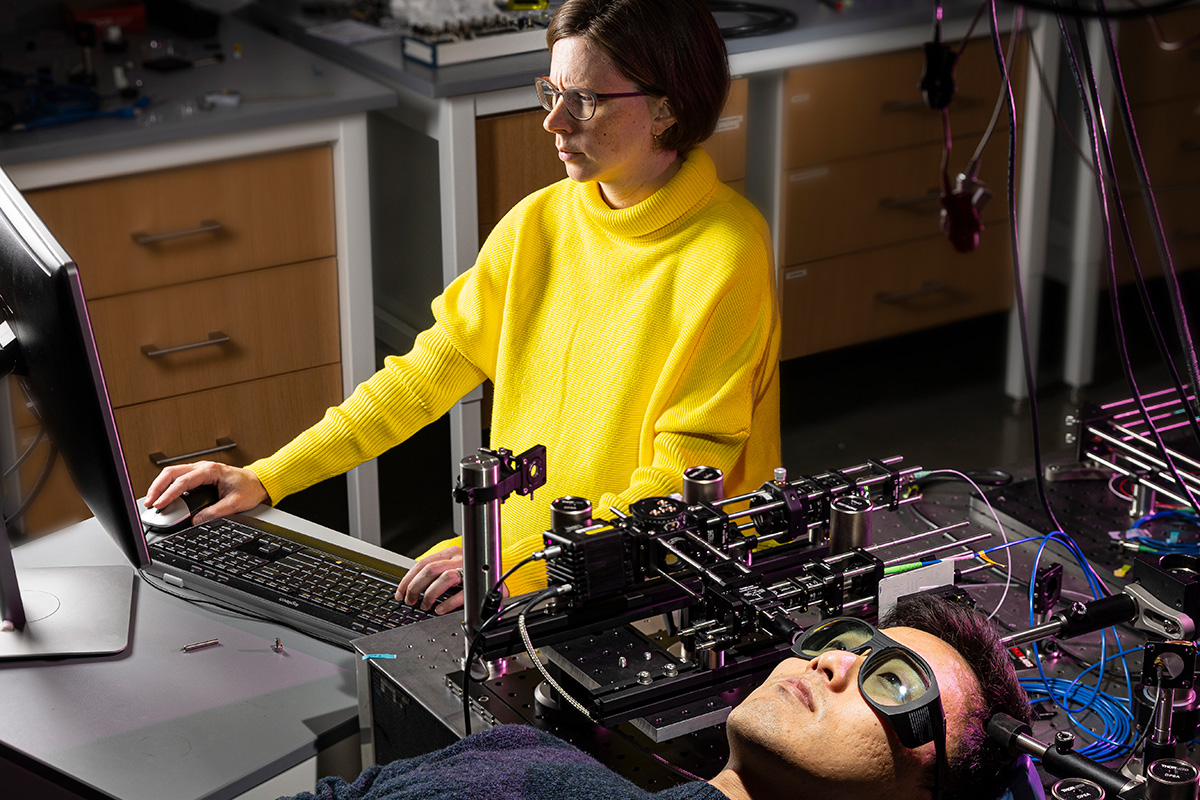
Neural Interfaces
Related News
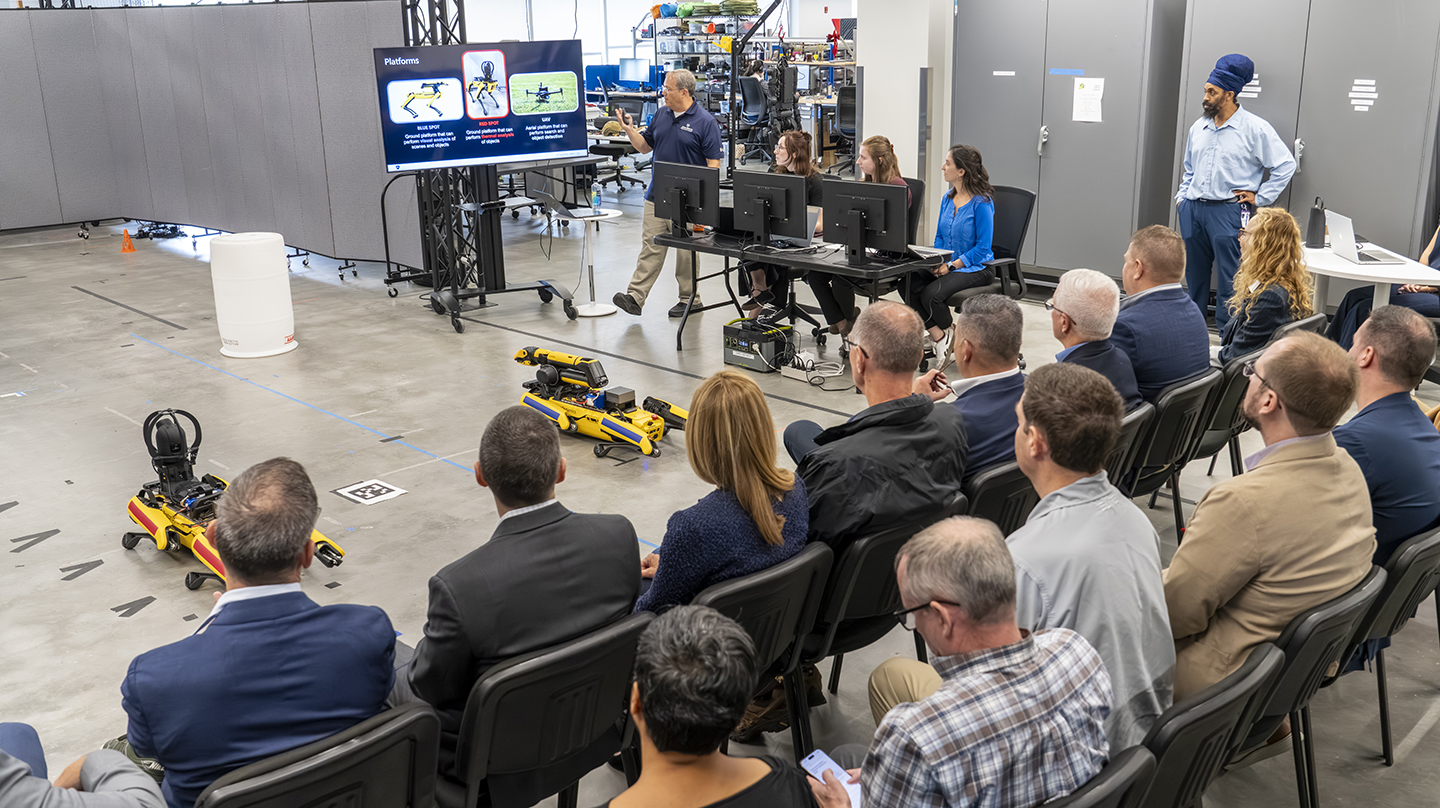
Dec 2, 2025
Johns Hopkins APL and Microsoft’s AI Agent Orchestrates Robotic Teams
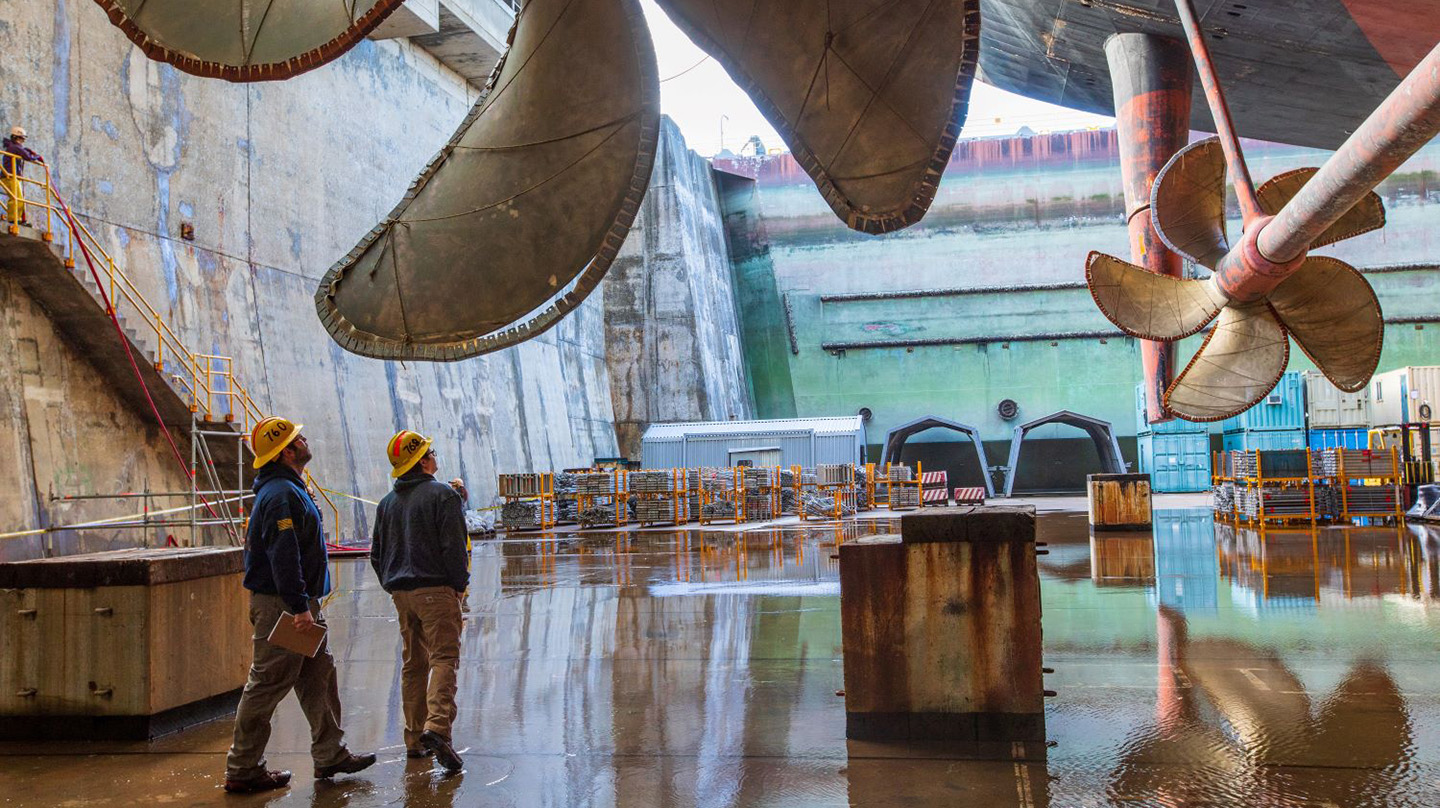
Nov 12, 2025
New Robotic Arm Opens Doors to Explore Future of Maritime Repair

Oct 30, 2025
Johns Hopkins APL Establishes AI Wargaming Lab to Boost Strategic National Security Analysis and Planning
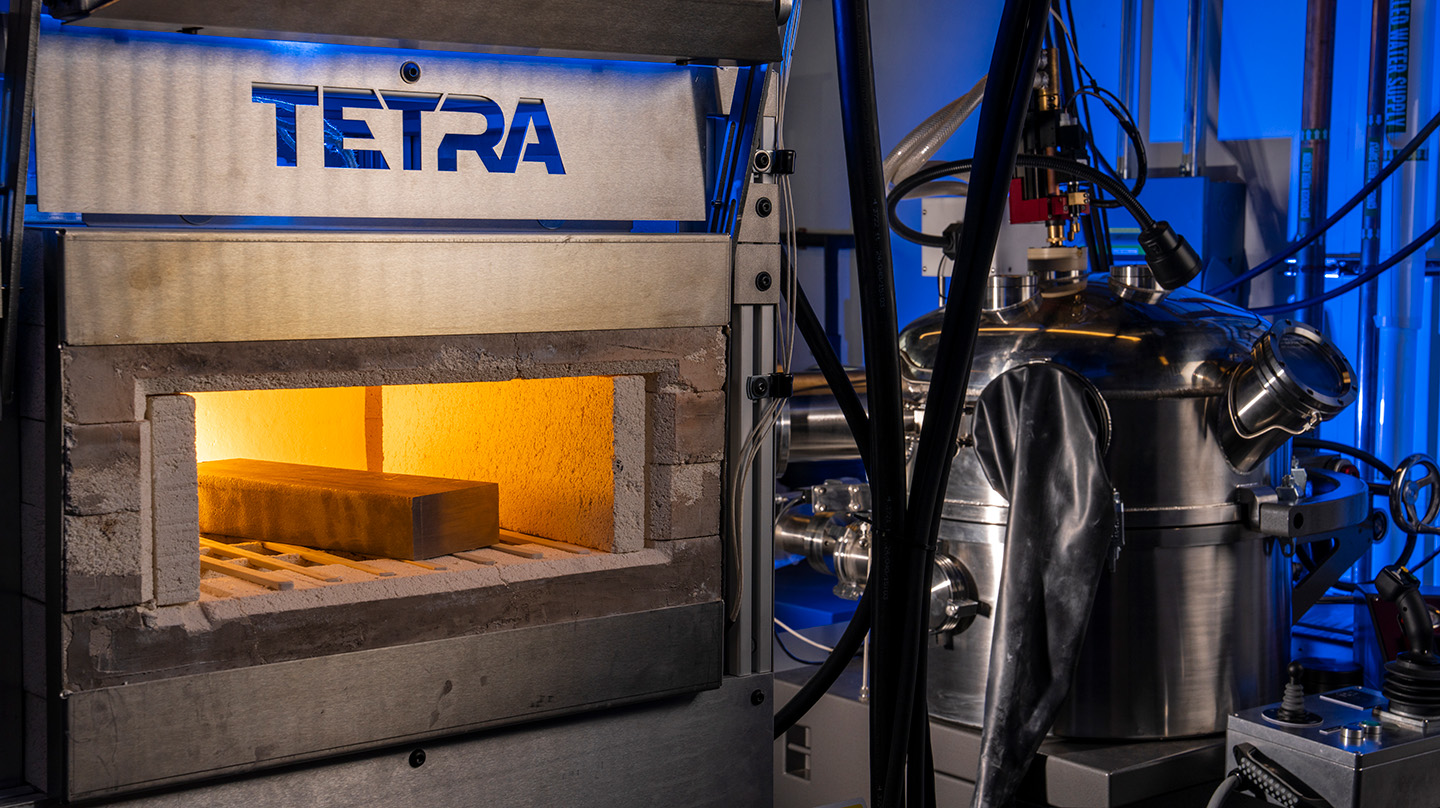
Sep 17, 2025
An Accelerated Paradigm for Developing Mission-Critical Materials
